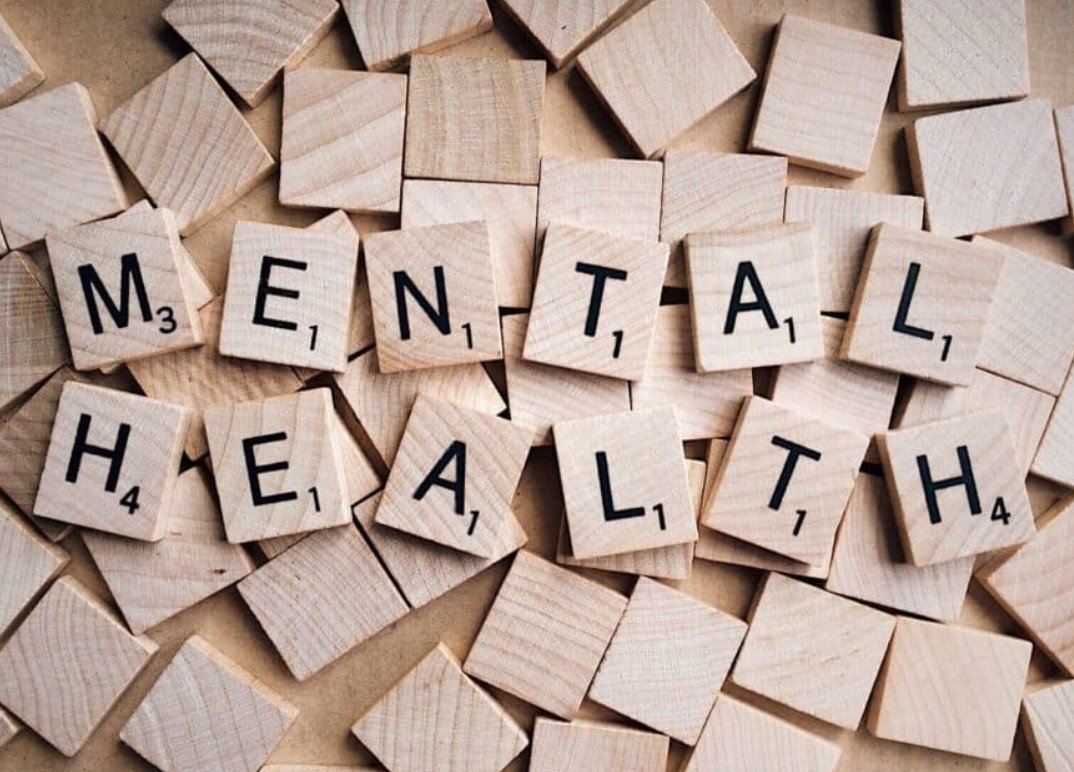A groundbreaking study from Curtin University is shaking up the conversation around social media and mental health. Contrary to widespread assumptions, the research suggests that heavy social media use might not be as detrimental to mental well-being as previously thought. Instead, the relationship appears to be more nuanced, indicating that the impact of social media on mental health is influenced by various factors.
Rethinking the Narrative: Time Spent vs. Quality of Use
Objective Measurement Reveals Surprising Results
Traditional studies on social media’s effects often rely on self-reported data, which can be unreliable. Curtin University’s team took a different approach by collecting mobile phone data from over 400 participants aged 17 to 53. This method provided a more accurate measure of how much time individuals actually spent on social media in the past week.
The findings were unexpected:
- Anxiety: Very weak association with social media use.
- Depression: No significant link.
- Stress: No significant link.
- Attentional Control: Weak positive association.

Implications for Future Research
Associate Professor Patrick Clarke, the study’s supervising author, emphasized that these results could pave the way for more detailed investigations. Future research may explore how different types of social media interactions and individual characteristics influence mental health outcomes.
| Mental Health Indicator | Association with Social Media Use |
|---|---|
| Anxiety | Very weak positive |
| Depression | No significant association |
| Stress | No significant association |
| Attentional Control | Weak positive |
The Role of Supportive Communities Online
Building Connections in Isolation
Chloe Jones, the study’s lead and a PhD candidate, highlighted that social media can serve as a crucial support system for individuals experiencing isolation. “A connection to a supportive online community could be a lifeline for people living in isolation,” Jones explained. This positive aspect contrasts sharply with the often-highlighted negative impacts of social media.
The Double-Edged Sword of Content Consumption
However, not all social media interactions are beneficial. The study found that excessive scrolling through influencers’ profiles could be harmful, especially for those struggling with body image issues. This duality suggests that while social media has the potential to enhance mental well-being, it can also contribute to negative feelings depending on how it is used.
Platform-Specific Effects: TikTok vs. Facebook
TikTok’s Positive Influence on Attention
Interestingly, the study noted that TikTok usage was associated with a small positive effect on attentional control. This finding was consistent even after accounting for the younger age of TikTok users. The engaging, fast-paced nature of TikTok may help users improve their ability to maintain focus.
Facebook’s Association with Distress
On the other hand, Facebook usage showed a slight association with distress among users. This could be attributed to the platform’s tendency to foster comparison and competition, which can lead to feelings of inadequacy and stress.
Understanding the Complexity of Social Media’s Impact
Beyond the Numbers: Quality Over Quantity
Jones emphasized that the study’s findings do not imply that social media use is entirely benign. “The relationship between social media use and mental health likely has many complex layers,” she stated. It’s not just about how much time one spends online, but also about what one does and how one engages with the content.
Personalized Use and Individual Differences
Individual differences play a significant role in how social media affects mental health. Factors such as personality traits, existing mental health conditions, and the nature of online interactions can influence whether social media use has a positive or negative impact.
Moving Forward: Recommendations for Users and Researchers
Encouraging Mindful Usage
Based on the study’s findings, promoting mindful and purposeful use of social media could enhance its benefits while minimizing potential harms. Users should be encouraged to engage in meaningful interactions and limit passive scrolling that can lead to negative emotions.
Enhancing Research Methodologies
The Curtin University study underscores the importance of using objective data in research. Future studies should continue to incorporate accurate measurement tools and consider the multifaceted nature of social media interactions to better understand their impact on mental health.
The Broader Conversation on Social Media and Well-Being
Shifting the Focus to Engagement Quality
This study contributes to a growing body of research that suggests the quality of social media engagement is more critical than the quantity of time spent online. By focusing on how individuals use these platforms, we can develop more targeted strategies to support mental health in the digital age.
Addressing the Stigma Around Social Media Use
It’s essential to move beyond the stigma that social media is inherently harmful. Instead, recognizing its potential as a tool for connection and support can lead to more balanced perspectives and healthier usage patterns.
















